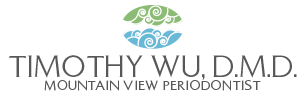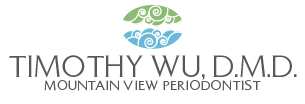With permanently anchored dental implants, now you have the opportunity to replace your missing tooth/teeth and ill-fitting dentures.
Some of the implants services we offer consider:
- 3D imaging and CT scan-guided implant surgery
- Single implants
- Multiple implants
- Implant-retained removable dentures
More About Implants
Q: What is a dental implant made of?
A: Dental implants are made of titanium or titanium alloy. In order to fit individual needs, dental implants are designed in different shapes,lengths, surfaces, and connections between implant and post. Please discuss with your doctors how to select the right implants for you.
Q: What are the benefits of dental implants?
A: The benefits of dental implants include improved health due to the ability to enjoy a wider variety of foods, improvement of your smile, speech, and confidence, minimal tissue irritation by your dentures and adhesives, preservation of your bone, as well as increased social interaction.
Q: How does implant therapy restore my teeth and mouth?
A: Please see Implant Cases.
Q: Am I a good candidate for implant therapy?
A: As long as you are a healthy individual and can maintain good oral hygiene, you are very likely to enjoy the dental implants regardless of your age.Smoking, inadequate bone support and other negative factors may compromise the success of your implants. Please discuss with your doctors to find out if implant therapy is right for you.


